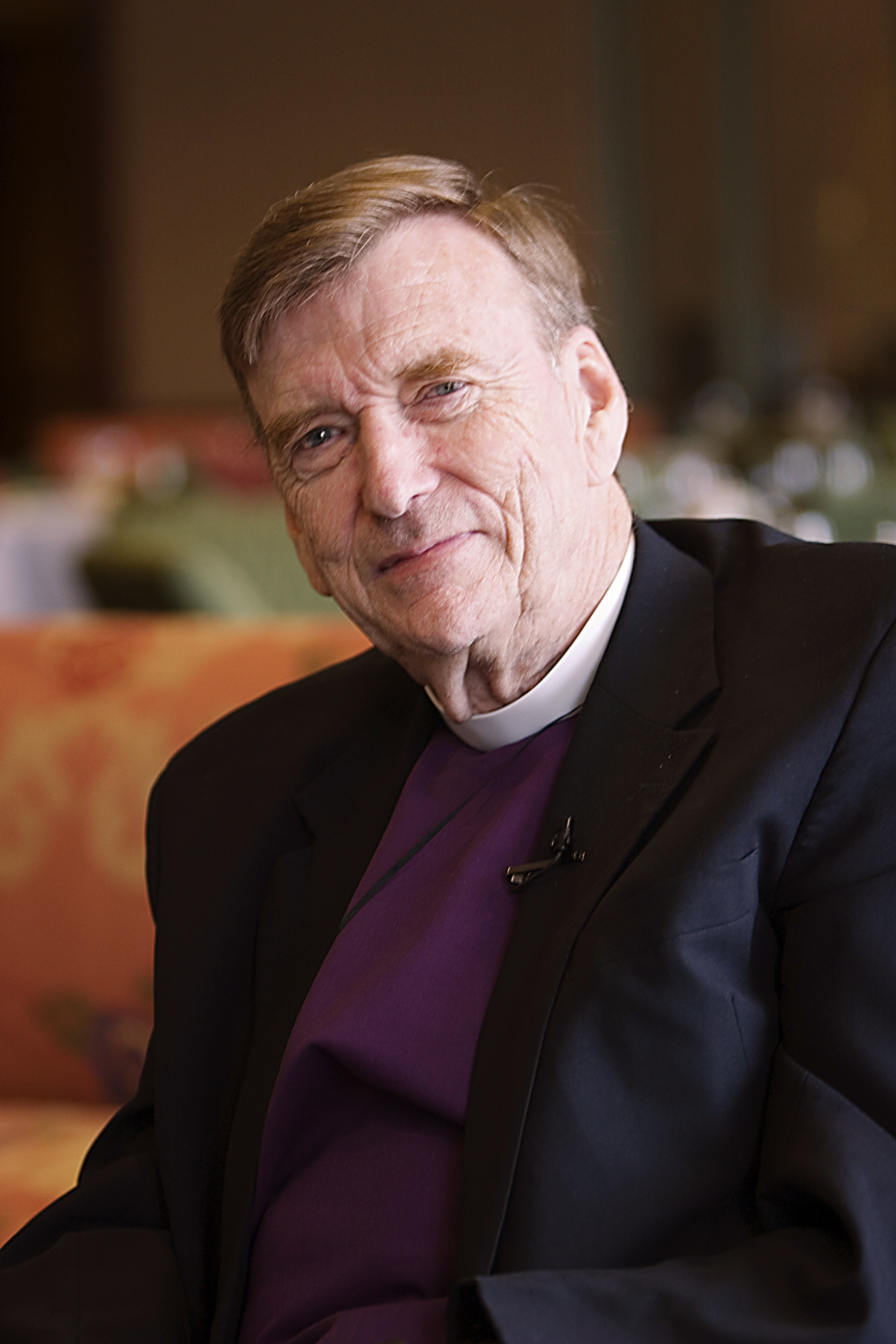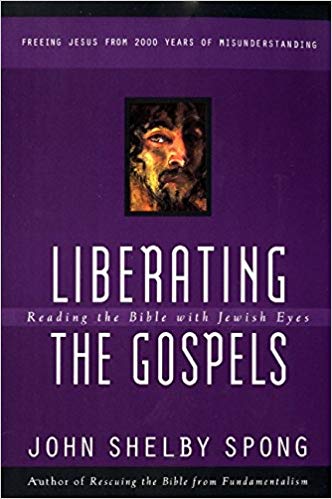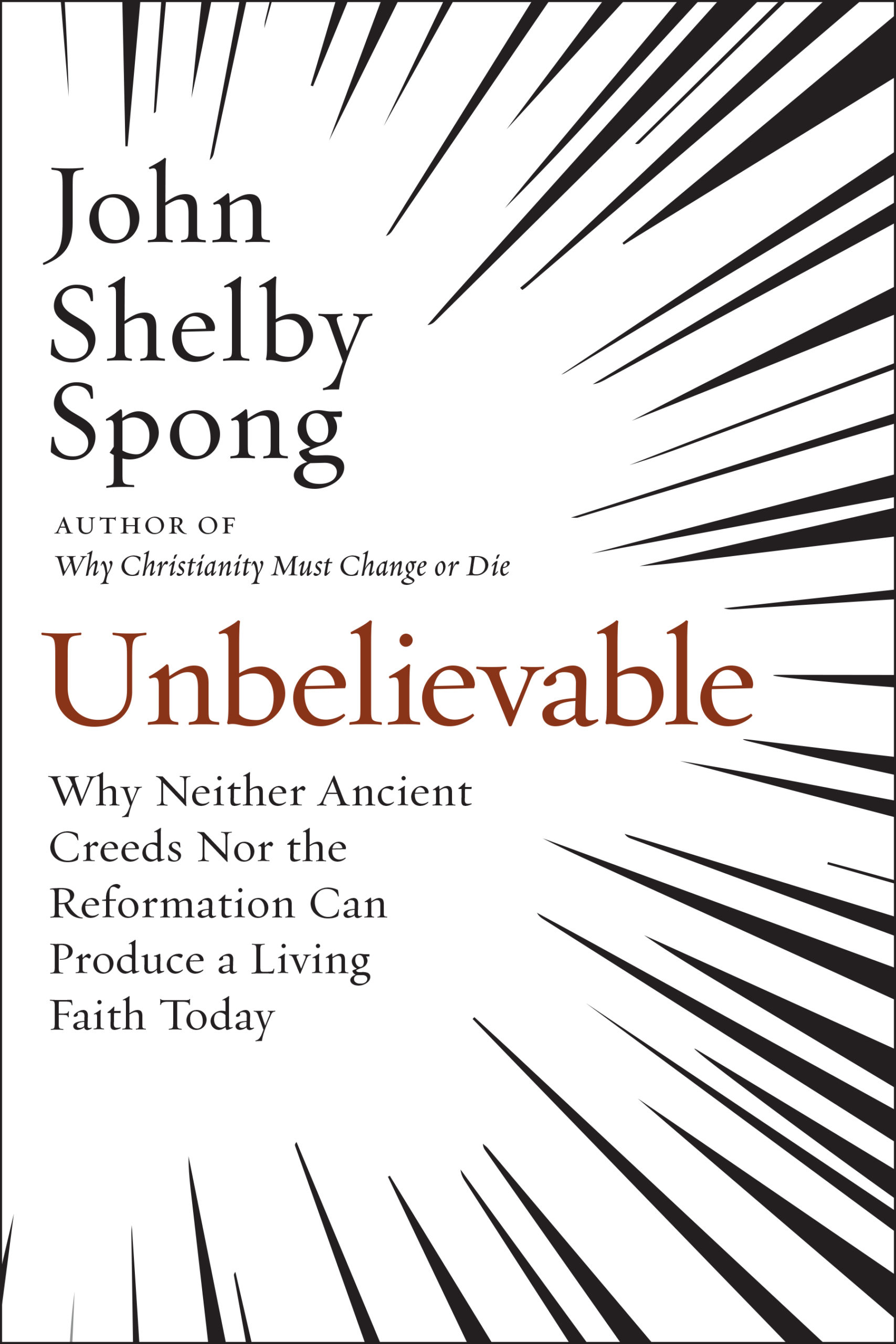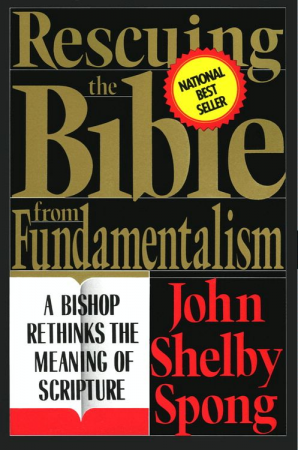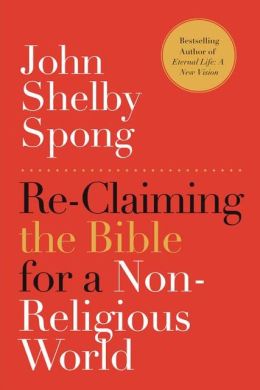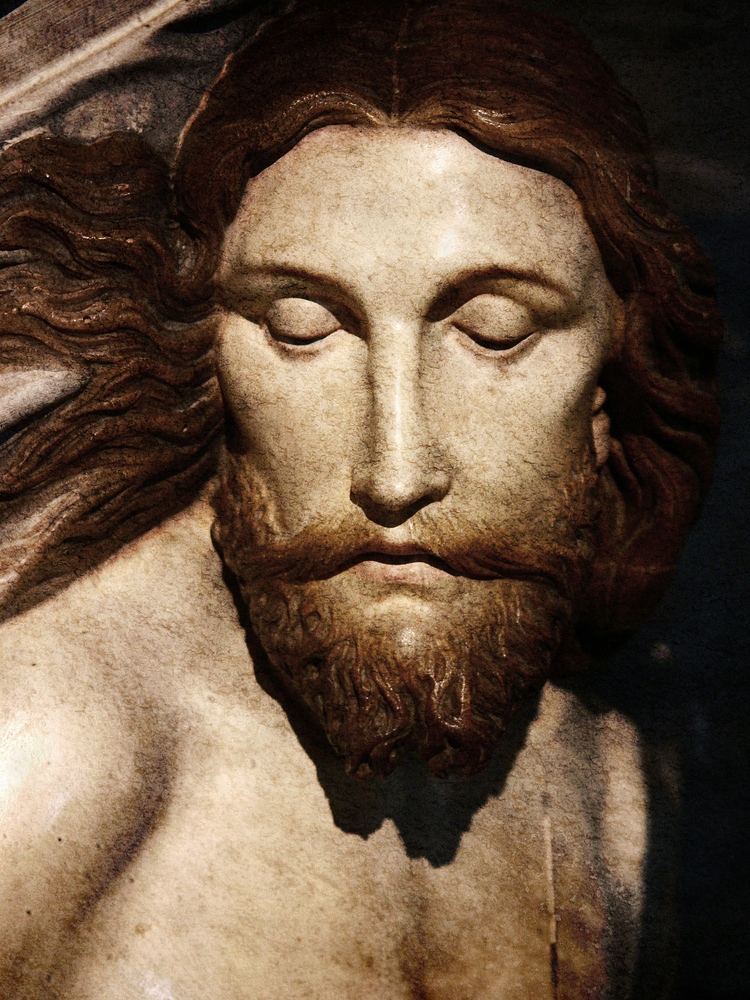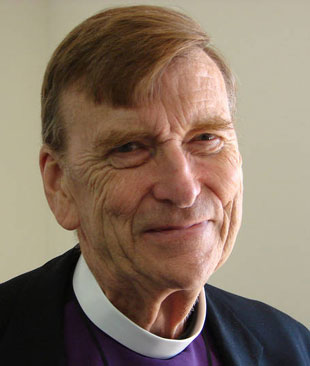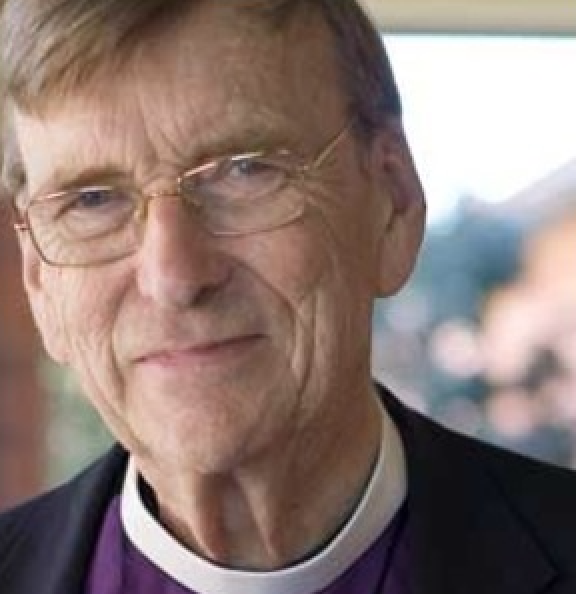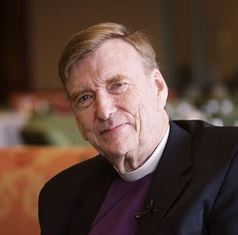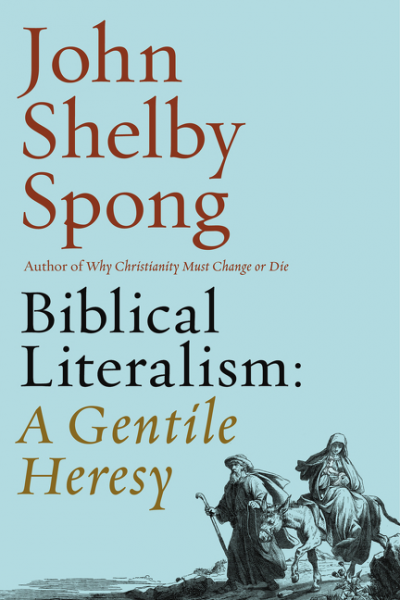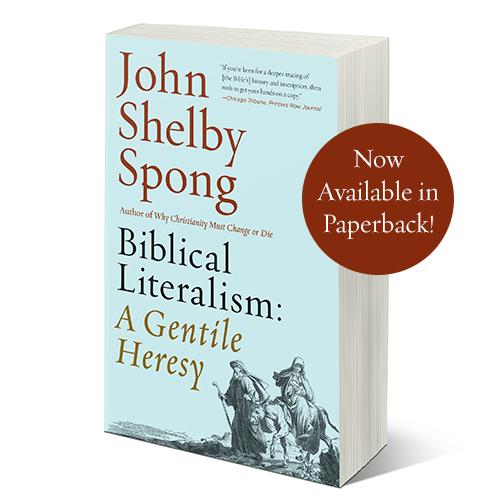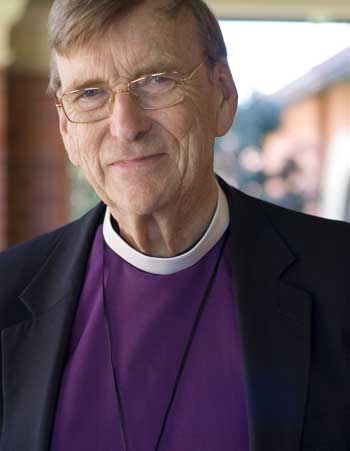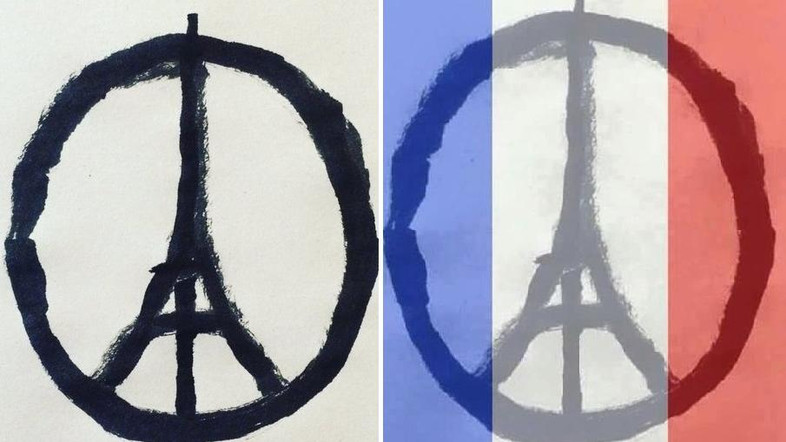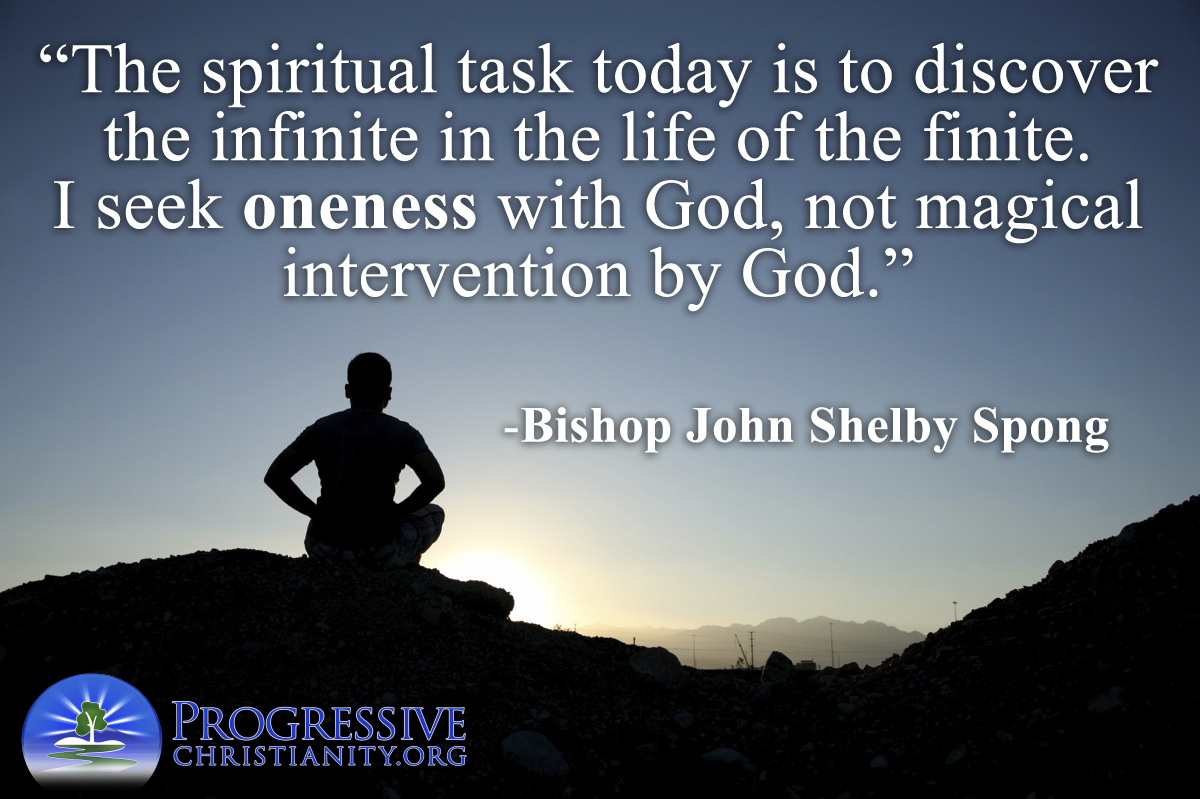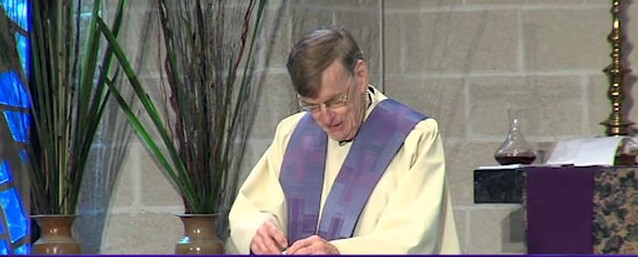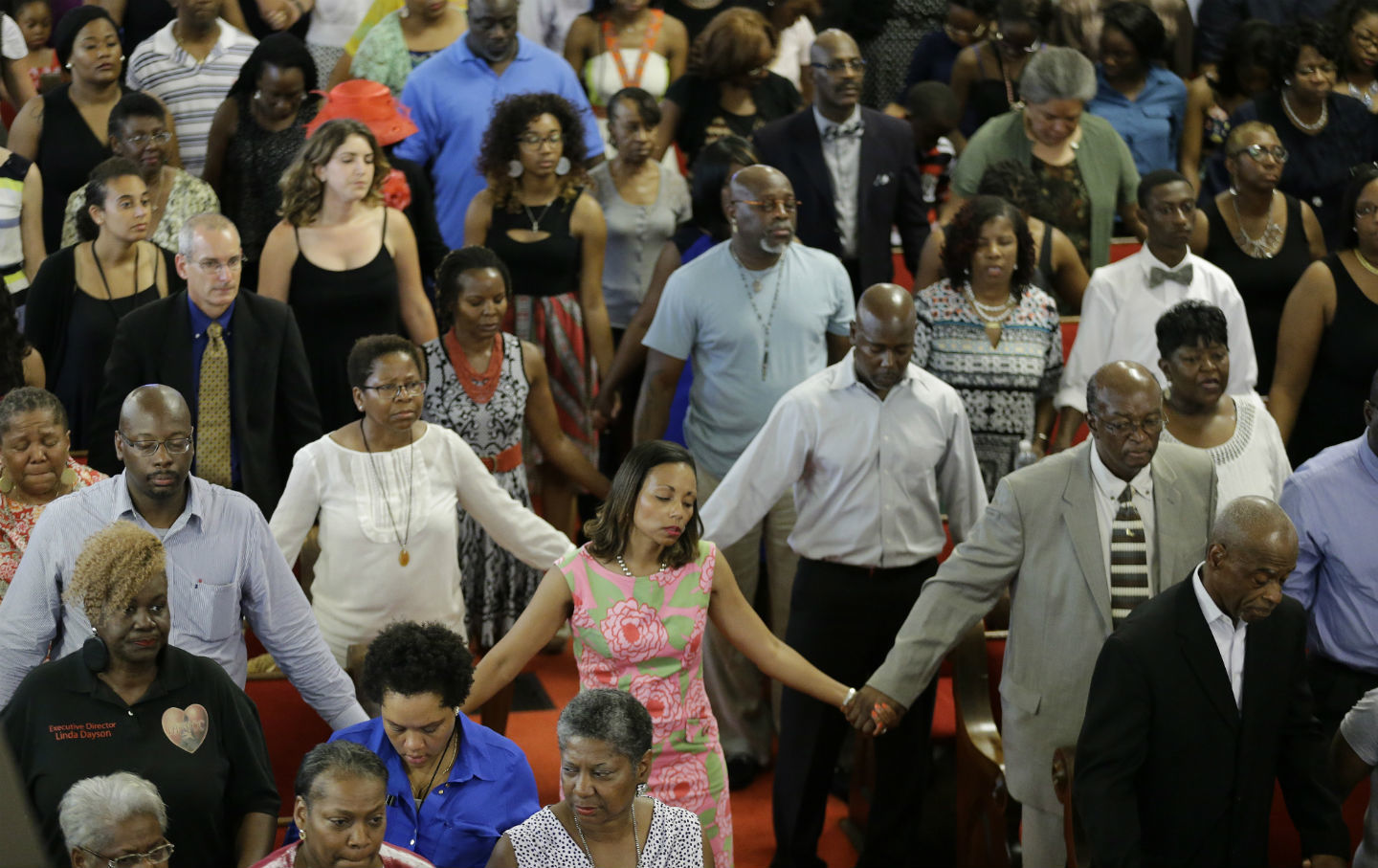Q&A With Bishop John Shelby Spong
What do we mean by the word “faith?” People, who would dismiss us as anti-intellectual, ridicule faith with the presumption that it means believing in things that are hard to believe in or believing in things that are contrary to known facts.
Introducing Bishop Spong's landmark series on the Origin of the Bible covering both Old and New Testaments. His scholarly analysis and signature insights breakdown the past, present and future of these sacred texts.
n this boldest book since Rescuing the Bible from Fundamentalism, Bishop John Shelby Spong offers a compelling view of the Gospels as thoroughly Jewish tests.Spong powerfully argues that many of the key Gospel accounts of events in the life of Jesus—from the stories of his birth to his physical resurrection—are not literally true. He offers convincing evidence that the Gospels are a collection of Jewish midrashic stories written to convey the significance of Jesus. This remarkable discovery brings us closer to how Jesus was really understood in his day and should be in ours.
In the history of the Western World, the Bible has been a perpetual source of inspiration and guidance for countless Christians. However, this Bible has also left a trail of pain. It is undeniable that the Bible is not always used for good. Sometimes the Bible can seem overtly evil. Sometimes its texts are terrible.
In this final book of his storied career, Spong continues to integrate a rigorous scholarly tradition with the Christian faith and so offers a new approach, one that challenges Christians to explore their beliefs in new and meaningful ways.
Why Christianity Is No Longer Believable - And How We Can Change That
Five hundred years after Martin Luther and his Ninety-Five Theses ushered in the Reformation, bestselling author and controversial bishop and teacher John Shelby Spong delivers twelve forward-thinking theses to spark a new reformation to reinvigorate Christianity and ensure its future.
A controversial author brilliantly reclaims the Bible from the literal interpretation of fundamentalists
For two hundred years, scholars have been analyzing one of the most important books ever written—the Bible—and overturning much of what we once thought we knew. Everyday Christians, however, are not privy to this deeper conversation. It is for these people that renowned bishop and author John Shelby Spong presents Re-Claiming the Bible for a Non-Religious World, a book designed to take readers into the contemporary academic debate about the Bible.
It was more than two thousand years ago that the historic figure we call Jesus lived. It was a life of relatively short duration, only thirty-three years. At most only three of those years were devoted to a public career. Yet, that life appears to have been a source of wonder and power to those who knew him. Tales of miraculous power surrounded him. Words of insight and wisdom were believed to have flowed from his lips. Love and freedom seemed to be qualities that marked his existence. Men and women found themselves called into being by him. Those laden with guilt discovered, somehow, the joy of forgiveness in him. The alone, the insecure, the warped and twisted found him to be a source of peace. He possessed the courage to be who he was. He is described in terms that portray him as an incredibly free man.
“If God is the source of life, I worship God by living. If God is the source of love I worship God by loving. If God is the ground of being, I worship God by having the courage to be more fully human; the embodiment of the divine.”
“God is not a Christian, God is not a Jew, or a Muslim, or a Hindu, or a Buddhist. All of those are human systems which human beings have created to try to help us walk into the mystery of God. I honor my tradition, I walk through my tradition, but I don't think my tradition defines God, I think it only points me to God.”
"Beneath our religious diversity there is a remarkably similar humanity. I am convinced that a religious unity that we have not dared hope for might now be dawning. Perhaps in the next hundred years we will come to think of the religions of the world as being as similar to one another as we today think the denominations of Christianity to be. That would be a major breakthrough in consciousness. To me such is not only possible, it is highly desirable."
“Baptize these others in the name of the “Father.” That word must not be thought of as the name of some external deity, but rather as the name of the Source of Life that inhabits the universe, calling us all to live fully.
The task of religion is not to turn us into proper believers; it is to deepen the personal within us, to embrace the power of life, to expand our consciousness, in order that we might see things that eyes do not normally see.
A Bishop Rethinks the Virgin Birth and the Place of women in a Male Dominated Church
John Shelby Spong, bestselling author and Episcopal bishop of Newark, NJ, challenges the doctrine of the virgin birth, tracing its development in the early Christian church and revealing its legacy in our contemporary attitudes toward women and female sexuality.
I grieve deeply over these attacks. I grieve even more when one of our candidates for the presidency of this nation seeks to use this tragedy to score political points. I am amazed to hear not only innuendo from one of them, but also actual hints that the president of the United States is either so weak and inept as to be helpless in the face of this threat, or is actually in collusion with these terrorists, thus revising the charges this candidate once made that our president was not born in the United States, but in Kenya, and is really a Muslim. As lawyer Joseph Welsh once said to Senator McCarthy of Wisconsin when he was on a witch hunt for communists: “Have you no sense of decency?” Those words are once more totally in order to be spoken in our national life at this time.
A close reading of Matthew’s gospel reveals that a literal understanding of Jesus’s story obscures its deep Jewish roots. John Shelby Spong joins Art Remillard to discuss his new book, Biblical Literalism: A Gentile Heresy. Spong was the Episcopal Bishop of Newark before his retirement in 2000, and he is the author of several books to include Why Christianity Must Change or Die and his autobiography Here I Stand.
Now Available in paperback!
In this profound work, bestselling author and the former Episcopal Bishop of Newark John Shelby Spong offers a radical new way to look at the gospels today. Pulling back the layers of misunderstanding created over the centuries by Gentile ignorance of things Jewish, he reveals how a literal reading of the Bible is so far removed from the original intent of the Jewish authors of the gospels that it has become an act of heresy.
Can a living, vital and real faith that is true to the experience of the past, while dismissing the explanations of the past, be born anew in this generation? I believe it can and so to engage this task I issue this call to the Christian world to transform its holy words of yesterday into believable words of today. If we fail in this task there is little reason to think that Christianity, as presently understood and constituted, will survive this century.
France, November 2015, the Struggle to be Human The plan appears to have been carried out by a group of eight people, three of whom were brothers. The attack seems to have been developed in Belgium in a community known as Molenbeek. At least one of the perpetrators appears to have entered Europe in the tide of refugees fleeing the ravages of the war in the Middle East. This man carried a Syrian passport that was stamped in the Aegean island of Leros, a part of Greece, on October 25, 2015. He was twenty-five years old. This group of eight was armed with AK assault rifles. They wore suicide vests, loaded with explosives. Seven of the attackers are dead, the eighth, at this moment, is still at large. Six of them appear to have died by detonating their own suicide vests. One of them was killed by the police when a concert hall was stormed at 12:20 am on Sunday, November 15. During a three hour reign of terror in Paris that night the conversation of the world was changed dramatically. The course of human history may also have been altered as well. The attack began outside a football stadium where the national teams of old traditional European enemies, Germany and France, were engaged in a championship soccer match. These two nations had been on opposite sides of the last three great European wars. To compete on a soccer field, instead of a battlefield, clearly was a step in the right direction. The President of France, Francois Hollande, was in the stands to lend support to his nation’s team. An explosion shocked the crowd into silence. It was caused by one of the attackers, the one who had entered Europe in the wave of Syrian immigrants. He had detonated his suicide vest before he reached the stadium. It was not an auspicious way to begin a massive terrorist attack. By military standards it failed to kill the masses of people gathered in that place. It was, however, only the first shot of the night. The French Secret Service leaped to attention, surrounding President Hollande and quickly leading him to safety. Was this a planned attempt to assassinate the French head of state? We may never know, but in one of the other prongs of this terrorist attack that night, the perpetrators uttered these words: “This is the fault of Hollande. He did not have to intervene in Syria.” World War I started with the assassination of the Austrian Archduke Franz Ferdinand. Were the terrorists seeking to emulate that? It is not beyond the realm of possibility. Before these attacks ceased there was no doubt that murder and massive carnage had been intended. When the attack on the crowded Bataclan concert hall began, it was with guns drawn and bullets spraying the crowd indiscriminately. It ended in a one by one series of executions before the French Special Forces stormed the hall and killed the last remaining terrorist. There is no question that the purpose was to intimidate. The innocence or guilt of the victims made no difference to these killers. Revenge alone was their motive. They wanted to wound a nation that they believed had wounded them. In order to accomplish their purpose, they were willing to die and die these attackers did. One thing that has tended to deter violence throughout history is that all people seem to have a shared desire to live. It is not easy for one to seek to right a wrong publicly or to attack a nation with impunity without sacrificing one’s life in the process. If one is willing to die to accomplish one’s purpose then killing another or inflicting mortal pain on another tribe or nation becomes much easier to do. This tendency of the terrorists to devalue their own lives makes everyone’s existence much more frightening, much less secure. It also gives terrorism greater power, making it an expression of what I call “the ultimate democratization of war.” By that I mean that a single individual, willing to die for the cause, can stand up to the armed might of the world’s most powerful nations with the ability to create destabilizing carnage. In the 9/11 attack, nineteen people, armed only with box cutters, could and did attack and bring down the Twin Towers of the World Trade Center, the symbolic heart of the American economy and they managed to damage the Pentagon, the symbolic heart of America’s military might. The “Davids” of the world, armed as it were, with their symbolic slingshots, can inflict great pain on the “Goliaths” of the world, who were armed with stockpiles of nuclear weapons. This act thus means that the political task of raising the nation’s defense budget to create a powerful military establishment will never defeat the diehard terrorist. It means that what we are engaged in today is not primarily a military conflict, it is rather a battle for the soul of the world’s people and a battle for the minds of the world’s alienated. This kind of warfare can never be won by possessing the world’s largest arsenal or the world’s biggest stockpile of “weapons of mass destruction.” It means that we can no longer count on the maxim that might makes right. Once the shock of the terrorist attack is absorbed and the trauma begins to lift, the pundits emerge to explain how and why it happened. The question becomes how much of our freedom are we willing to sacrifice in order to maintain our security? How that question is answered will determine whether or not terrorism will succeed in driving the experiment we call “democracy” into being a new totalitarianism. The first human response to attack is to strike back; it is almost reflexive. President Hollande had French planes carrying out a massive bombing attack on Raqqa, Isis’ provisional capital in Syria, the next day. Next, the politicians weigh in, assigning blame to their political opponents and positioning themselves to turn this tragedy into a victory for their point of view. The leader of the National Front, France’s right wing political party, Marine Le Pen, immediately attacked President Hollande as weak and inept, suggesting that France must reclaim its national identity by seceding from the European Union and rebuilding its own military strength. Security is a deep need in human life and when life is threatened, security always trumps freedom politically. The American candidates for the presidency echoed this line of attack. The candidate most aligned with America’s gun lobby predictably suggested that if all those people in the concert hall had been armed, fewer lives would have been lost. Such a scenario is hard for me to imagine. People in fear for their lives, drawing their guns and firing wildly in self-defense, not even knowing who was attacking them, are not likely to be measured or discriminating in their response. The immigration debate, already at an all-time level of inhumanity is destined in the light of this attack to sink even lower. Xenophobia feeds on fear. Rationally, we seem to know that there are no fences high enough to stop desperate people from seeking safety and hope whether they are welcomed in the land they propose to enter or not. Those who advocate that all immigrants be relocated back into their country of origin will be emboldened by this tragedy. They do not seem to know that this method has been tried before and it has never worked. President Eisenhower sought to expel those he pejoratively called “the wetbacks” in 1954. President Roosevelt forcibly relocated into concentration camps Japanese-American citizens after the Japanese attack on Pearl Harbor in 1941. Andrew Jackson forced the physical removal of a tribe of Native Americans called the Choctaws in the 1830’s to the western side of the Mississippi River. Called “the Trail of Tears” it was a public relations disaster. People were uprooted, families were separated, victims were exposed to the elements causing many to die and the cost to this nation in terms of both dollars and national reputation was exorbitant. Our national character was stained for years afterward by each of these episodes. Preserving the fragile façade of civilization that keeps base emotions in check is tested when fear is rampant. So what do we do? Instant revenge is never the wise response, yet no politician in any country can survive if he or she does not cater to the aroused fears of the people. Does that mean that we react to violence with more violence? It takes real leadership not to do exactly that. It was Mahatma Gandhi who said that if one follows the law of “an eye for an eye” long enough and far enough, then everyone becomes a one-eyed person! Building human community across differences of tribe, race, religion, economic status and sexual identity is however, incredibly difficult. Yet, is that not the only way that one can ultimately defeat terrorism and enable the people of the world to live in peace? This approach to being attacked calls us to step beyond our basic, biologically-driven, survival needs. When this kind of transformation happens, however, we always notice because it is so powerful. Michael Oren, the former Israeli ambassador to the United States fought aggressively to establish the rights of the Jewish people to have their Jewish homeland in the Muslim sea called the Middle East. While in Israel on one occasion, his wife, Sally, suffered a ruptured appendix. Distraught he rushed her, swollen and gangrenous to the nearest Israeli hospital. There was no time for niceties. The surgeons, operation-ready, scrubbed and prepared greeted him briefly as his wife was wheeled into the operating room. Seeking to calm the ambassador, the surgeons assured him in the briefest of encounters: “We will do all that we can do. We are here for you.” When the procedure was successfully completed and Sally’s life was no longer in danger, a relieved ambassador spontaneously hugged the two surgeons, in gratitude. He was so emotional he asked for their names so that he could express his gratitude more properly. One said: “My name is Mohammed.” The other said: “My name is Hussein.” The ambassador was shocked by the sudden realization that both of his surgeons were Arab Muslims, living in Israel. That is the kind of experience that causes a new vision of what it means to be human to be born. It was the prophet we call Malachi who wrote: “Have we not all one Father? Has not God created us all? Why then are we faithless to one another, profaning the covenant of our Father?” Why indeed? John Shelby Spong The plan appears to have been carried out by a group of eight people, three of whom were brothers. The attack seems to have been developed in Belgium in a community known as Molenbeek. At least one of the perpetrators appears to have entered Europe in the tide of refugees fleeing the ravages of the war in the Middle East. This man carried a Syrian passport that was stamped in the Aegean island of Leros, a part of Greece, on October 25, 2015. He was twenty-five years old. This group of eight was armed with AK assault rifles. They wore suicide vests, loaded with explosives. Seven of the attackers are dead, the eighth, at this moment, is still at large. Six of them appear to have died by detonating their own suicide vests. One of them was killed by the police when a concert hall was stormed at 12:20 am on Sunday, November 15. During a three hour reign of terror in Paris that night the conversation of the world was changed dramatically. The course of human history may also have been altered as well.
"The Spiritual task today is to discover the infinite in the life of the finite. I seek oneness with God, not magical intervention by God." ~Bishop John Shelby Spong
I write with some alarm at what is happening in the United Church of Canada, a church that I have long admired. ... I have written articles in praise of the United Church of Canada. It was the one Christian body in the world that seemed free of the need to be tied to the past, but was rather courageously open to the future. Now to my dismay, a segment of the United Church of Canada has decided that it is no longer secure enough or open enough to contain one of its most creative, future-oriented pastors. I refer to the Rev. Gretta Vosper of the West Hill United Church in Toronto.
The Cathedral of Hope, a congregation of the United Church of Christ, is based in Dallas, Texas, and is the world's largest liberal Christian church with a primary outreach to lesbian, gay, bisexual and transgender people. Local and national church ministries, outreach programs, pastoral counseling, television media and the internet touch thousands of lives each day.
Race was the elephant in the room when Black People were counted, without embarrassment or shame, as “3/5 of a human being” in our Constitution. Race dominated the admission of new states into the Union in the 19th century, so that the balance of power would never tilt against slavery. The Emancipation Proclamation issued in the midst of the Civil War, served to harden the lines of resistance. When the Confederate forces were finally defeated in 1865, Southern resistance did not end, it just went underground. Hooded Ku Klux Klansmen became the successors to the Army of Northern Virginia. Lynching, economic oppression and political powerlessness became racism’s tools, and black subjugation became racism’s goal.

